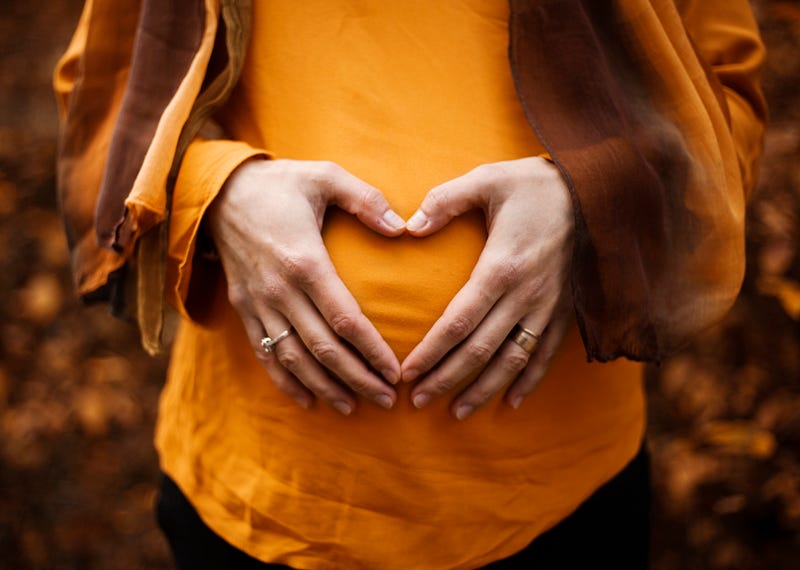Understanding the Relationship Between Pregnancy and Menopause
Written on
Chapter 1: The Link Between Pregnancy and Menopause
The question arises: Does the occurrence of menopause, which is linked to the depletion of a woman’s eggs, imply that becoming pregnant—along with the temporary halt in ovulation—could effectively delay the onset of menopause?
One might assume that if menopause is primarily driven by a decrease in available eggs, there would be a significant relationship between pregnancy and a postponement of menopause. Imagine if each pregnancy were to extend the time until menopause by approximately nine months; this would be quite intriguing! However, this notion seems improbable. It would suggest that women in earlier societies, where larger families were the norm, would continue to ovulate until they reached the age of sixty.
Conversely, if menopause is strictly a biological milestone encoded in a woman’s DNA, then pregnancy should have no substantial effect on its timing.
Is this query naive? Perhaps. But does that diminish its value? Certainly not! Was I hesitant to discuss it with anyone other than my closest friend? Absolutely. Thankfully, she grasped the reasoning behind it but speculated that if such a connection were evident, it would be widely acknowledged by now. Neither of us had encountered any information to support this theory.
Determined to find a clear answer, I delved into online resources, and here’s what I discovered...

Photo by Alicia Petresc on Unsplash
Yes, there is a connection, albeit a minimal one. A comprehensive study conducted in Norway, published in 2021 in the esteemed journal Human Reproduction, found that “the age at menopause increased with the number of childbirths, up to three. Beyond three childbirths, no significant increase was observed in the age of menopause.”
This indicates that while pregnancy does influence menopause timing, the effect is quite limited. The research indicated that the average age of menopause for women with no pregnancies compared to those with three pregnancies differed by roughly ten months, a far cry from the 27 months that would suggest a complete correlation. Furthermore, having more than three children did not noticeably change the outcome.
In terms of correlation, the truth lies somewhere between complete and nonexistent, leaning closer to the latter. Even for a woman who experienced ten pregnancies, the average onset of menopause would occur less than a year later than for someone who had never been pregnant. However, she would have missed around eighty menstrual cycles compared to her counterpart who did not experience any interruptions in ovulation; given that the female body naturally reabsorbs hundreds of thousands of potential eggs throughout her reproductive life, this additional eighty is relatively insignificant.
A particularly striking aspect of the Norwegian study is its recent nature. Previous research on this topic has often lacked adequate representation of various demographic groups. Thus, even in the 21st century, we continue to learn about the fundamental processes of the human body, which is quite fascinating!
Chapter 2: Insights from Recent Research
In this video, titled "How scientists are trying to delay menopause and preserve fertility," researchers explore innovative methods to extend women's reproductive health and manage menopause effectively.
This video, "How Can You Get Pregnant After the Menopause? | This Morning," discusses the possibilities and challenges of conceiving post-menopause.